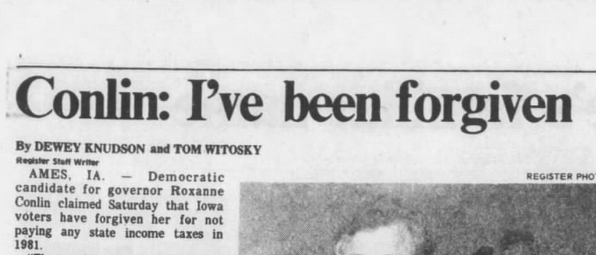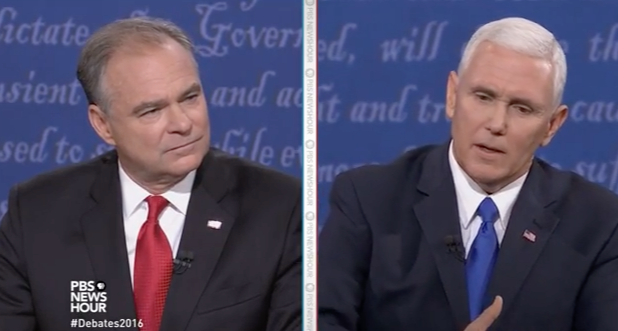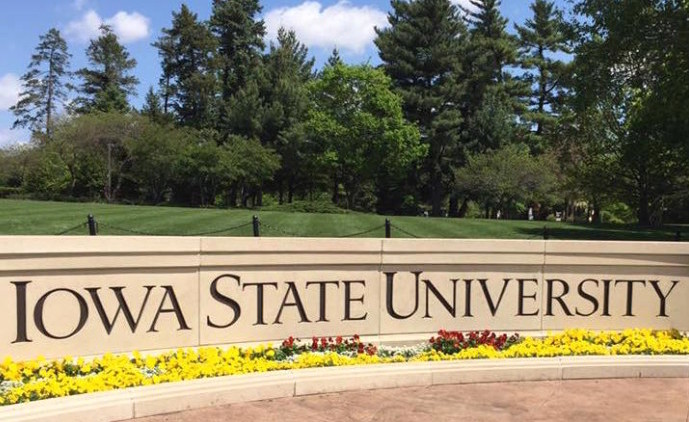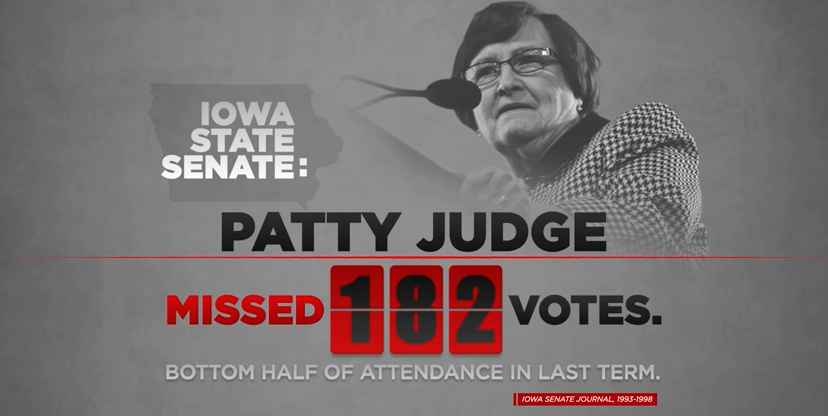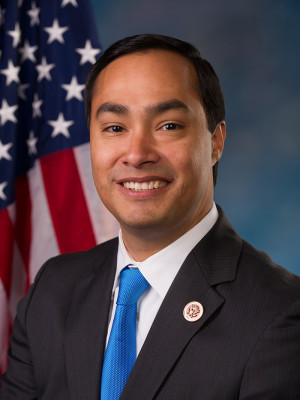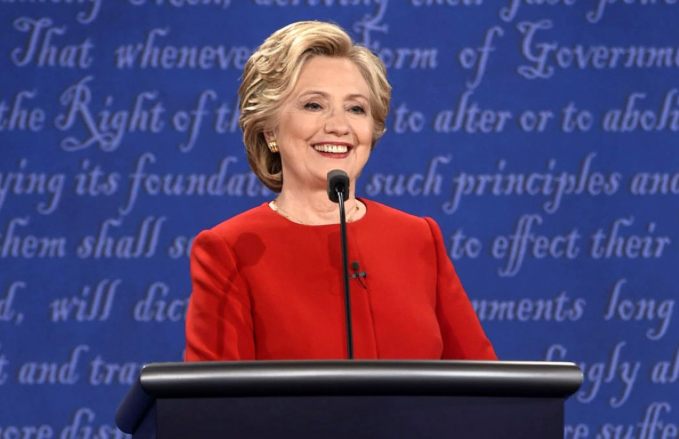Republican State Representative Ken Rizer announced on Facebook Saturday evening that he “can’t in good conscience” vote for Donald Trump and will write in Mike Pence for president. Rizer, who supported Jeb Bush before the Iowa caucuses, said he had “aggressively prosecuted Airmen who sexually assaulted women” and is aware of “groping” and “lewd conduct” his college-aged daughters face. He concluded that Trump’s comments in a recently-released 2005 video “reveal an arrogant lack of character unfitting for a college undergrad, for an Airman, and most certainly for our Commander in Chief.”
Rizer represents House district 68, a swing seat in the Cedar Rapids suburbs. He defeated Democrat Daniel Lundby in 2014, but Barack Obama outpolled Mitt Romney here in the last presidential election cycle by 54.45 percent to 44.08 percent. The latest voter registration numbers show the district contains 6,596 active registered Democrats, 6,103 Republicans, and 7,384 no-party voters. As of October 7, Democrats in Rizer’s district lead Republicans in absentee ballots requested by 1,698 to 844 and lead in early votes cast by 672 to 221.
I enclose below more comments from Rizer this evening, a map of House district 68, and background on the incumbent and his Democratic challenger Molly Donahue. She’s on the web here and on Facebook here.
The precincts in House district 68 also lie in Iowa Senate district 34, where Democratic State Senator Liz Mathis faces Rene Gadelha in a race both parties are targeting.
I will update this post as needed if other sitting Iowa Republican lawmakers announce that they won’t support Trump. On the morning of October 8, State Senator Jack Whitver posted on Twitter, “The comments and actions by Donald Trump are inexcusable and despicable. He should step down.” However, Whitver did not clarify whether he will vote for Trump, assuming he stays in the race.
Also on October 8, State Senator David Johnson issued a statement calling on Governor Terry Branstad and Lieutenant Governor Kim Reynolds to “condemn Trump publicly” now that “Trump’s true anti-women sickness has been revealed.” Johnson is the only Iowa legislator affiliated with neither party, having left the GOP in June to protest Trump’s impending nomination for president.
Continue Reading...




